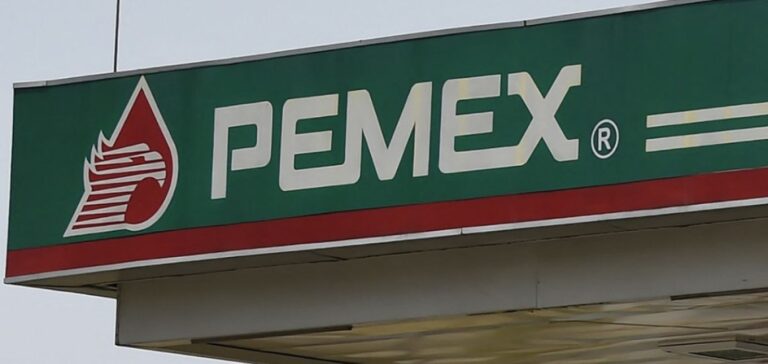Petroleos Mexicanos (Pemex), Mexico’s largest oil company, reported a net loss of $30.3bn for 2024, after recording a modest profit of $398m in 2023. This turnaround is attributed to a drop in revenues and an increase in its operating costs. The company saw its sales and service revenues decline by 2.4% in 2024, a trend marked by reduced oil exports and falling crude prices on international markets.
Pemex’s financial troubles are compounded by a persistent debt burden of $97.6bn. In the last quarter of 2024 alone, the company suffered a loss of $9.3bn, attributed to higher sales costs and unfavourable exchange rates. This financial downturn comes as Pemex faces a prolonged decline in its crude oil production, which peaked at 3.4 million barrels per day in 2004.
Pemex faces production and debt challenges
Beyond its financial losses, Pemex is working to revive its crude oil and natural gas production. In February 2025, the company announced an ambitious investment plan for the next five years, worth $109.4bn. This programme aims to increase oil and gas production, as well as to revitalise its petrochemical and fertiliser production capacities. Pemex also plans to reduce its debt levels, a move supported by Mexico’s Ministry of Finance.
The investment plan highlights Pemex’s efforts to reverse the downward trend in its production while seeking to stabilise its finances. However, the success of these initiatives will depend on the effective management of its debt and the company’s ability to overcome challenges posed by volatile oil prices and global economic conditions.
Long-term stakes for the state-owned company
As Mexico’s largest public company, Pemex plays a crucial role in the national economy. Fluctuations in its profitability have a direct impact on public finances, particularly due to the large share of its revenues in the country’s federal budget. As the company continues its modernisation strategy, the short-term results of its investment plan will be closely scrutinised by financial analysts and Mexican authorities.






















